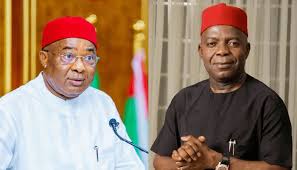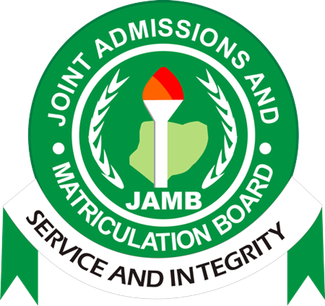Abia, Imo Residents Decry High Private School Tuition Fees


Education stakeholders in Abia and Imo States have voiced serious concerns about the steep tuition fees charged by private schools across the country.
Many respondents attributed the trend to the absence of robust oversight by government regulatory agencies at all levels.
In Abia, residents criticised the commercialisation of education by private schools, blaming it on ineffective policy frameworks and inadequate monitoring by government agencies. They urged the government to implement stronger regulatory mechanisms to ensure private schools deliver quality education.
Osondu Kalu, a father of two, emphasised that effective oversight by relevant authorities could help ensure private schools adhere to standards, fostering quality education. He also highlighted issues such as unqualified teachers, substandard curricula, and inconsistent education quality in private institutions.
Mr Kalu noted that the high tuition fees in prestigious private schools make them unaffordable for the average Nigerian parent. He called on the government to address the problem of exorbitant fees and enforce strict monitoring of private schools.
Civil servant Dorine Ahamefule remarked that some private schools prioritise profit over imparting knowledge, which results in hiring unqualified teachers and paying low salaries. She stated that parents should see tangible improvements in their children’s education given the high fees charged.
Ms. Ahamefule added that well-compensated teachers would contribute to better productivity and educational outcomes.
Disability advocate Ikenna Ebiri cautioned parents and guardians against equating high tuition fees with superior education. He noted that some affordable schools offer quality education and criticised private schools that fail to invest adequately in infrastructure and human resources despite charging high fees.
Mr Ebiri recommended a strengthened regulatory framework to ensure all schools meet minimum standards in teacher qualifications, facilities, and curricula. He also urged the government to make education less exclusive by offering scholarships, tax waivers to private schools, and revamping the public school system.
Parents and education experts called on federal and state governments to support private schools to reduce the financial burden on parents. They also advocated for free education in public schools and urged improvements in public school facilities to deter reliance on costly and substandard private institutions.
Edward Okoro, Chairman of the Parent-Teacher Association at Holy Rosary Secondary School, Umuahia, attributed high tuition fees in private schools to operational costs. He explained that schools with smaller student populations often struggle to cover expenses, including teacher salaries.
Similarly, Rose Uzoka, Dean of the College of Education at Michael Okpara University of Agriculture, Umudike, proposed that the government subsidise private schools to address high fees.
Ms Uzoka explained that private schools “pay tangible amounts” of taxes and often recover these costs through tuition and other charges.
A parent, Kalu Ukpai, expressed frustration that some private schools charge exorbitant fees but employ unqualified teachers, who are poorly paid. He described the rising cost of education as a significant issue, especially given the current economic challenges.
In Imo, private school teachers lamented poor remuneration despite the high tuition fees charged by their employers. Oluchukwu Ferdinand, a teacher with a Higher National Diploma, reported that her employer uses the HND/BSc disparity to justify underpaying staff. She added that the school proprietor primarily hires National Diploma and HND holders, which impacts the quality of teaching.
Another teacher, Uchechi Okoro, highlighted the lack of government oversight as a contributing factor. She criticised the practice of relying on inexperienced corps members to fill core teaching roles, which negatively affects student performance. Ms Okoro called on the government to regulate the assignment of corps members in schools.
Head teacher George Ojiaku linked the poor salaries of private school teachers to the government’s failure to adequately compensate public school teachers. He argued that since the government sets the benchmark, expecting higher standards from private schools would be unrealistic.
Chinwendu Osuji, proprietress of Sound Foundation Academy in Owerri, noted that a school’s location influences tuition fees, which subsequently affects teachers’ remuneration.









